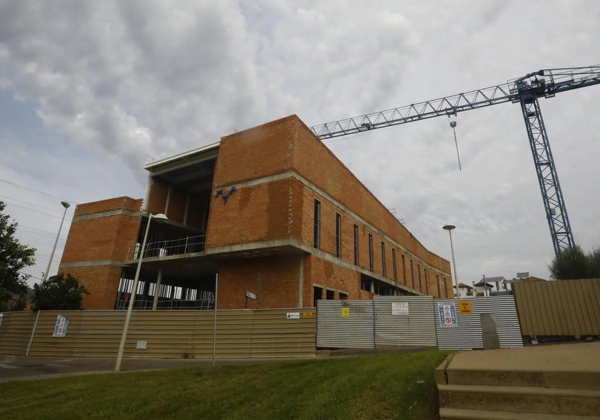The stabilization of olive oil prices is one of the most important challenges in the current market, according to various experts in the sector. Gonzalo Guillén, general director of Acesur, pointed out that the concentration of 50% of olive oil marketing among three distribution chains in Spain complicates fair negotiations. This situation highlights the importance of sitting at the table on equal terms to achieve price stabilization.
On the other hand, Mariana Vieira, knowledge manager at Kantar Worldpanel, emphasized that despite an 11% increase in household food spending in Spain over the past four years, the volume of purchases has decreased by 8%. This phenomenon has generated confusion and discomfort among consumers, as expressed by Víctor Roig, general director for Spain of Deóleo.
Regarding olive oil consumption, Nieves Ortega, director of Olimerca, mentioned that it has increased from representing 2% to 2.6% of total household food spending. Additionally, Álvaro Díaz de Luque, general director of Mercóleo and deputy director of Dcoop, highlighted the uncertainty concerning tariffs, emphasizing that lifting the tariffs imposed by Trump in 2026 could have significant consequences for the sector.
Besides price stabilization, two other important challenges for the olive oil sector were identified: the modernization of oil mills and cost reduction for farmers. These aspects are essential to improving efficiency and competitiveness in a market marked by uncertainty and constant changes.












